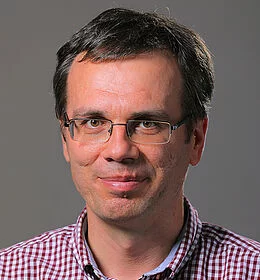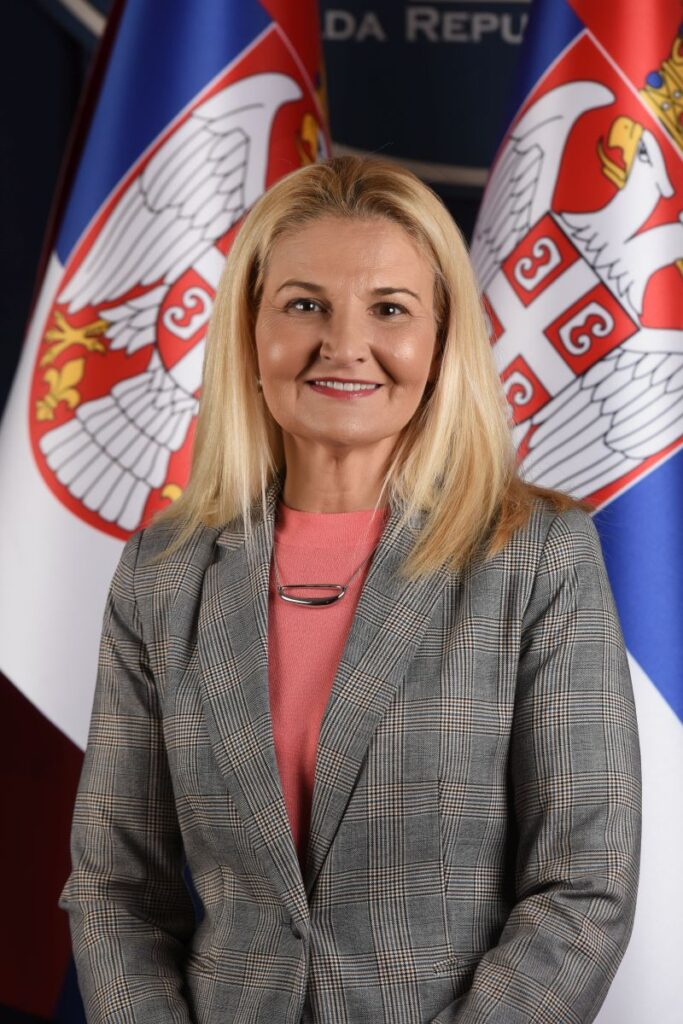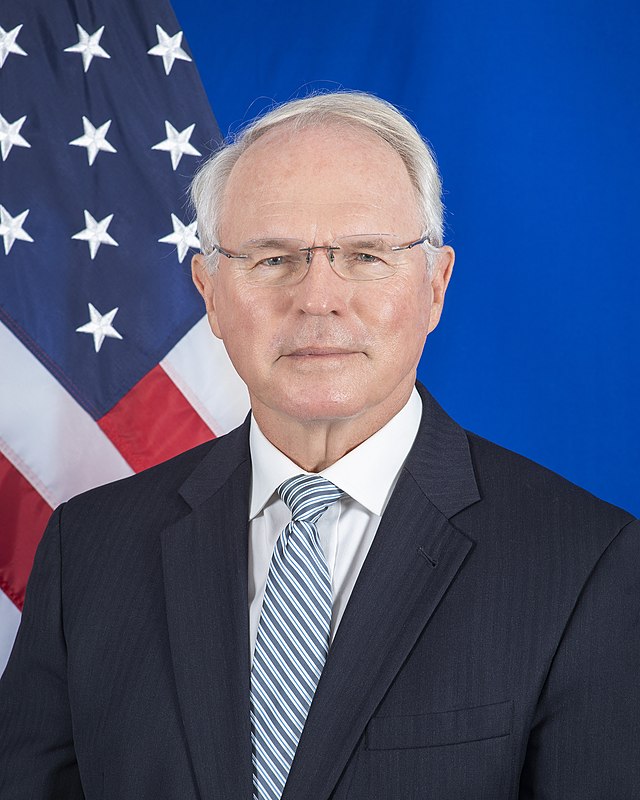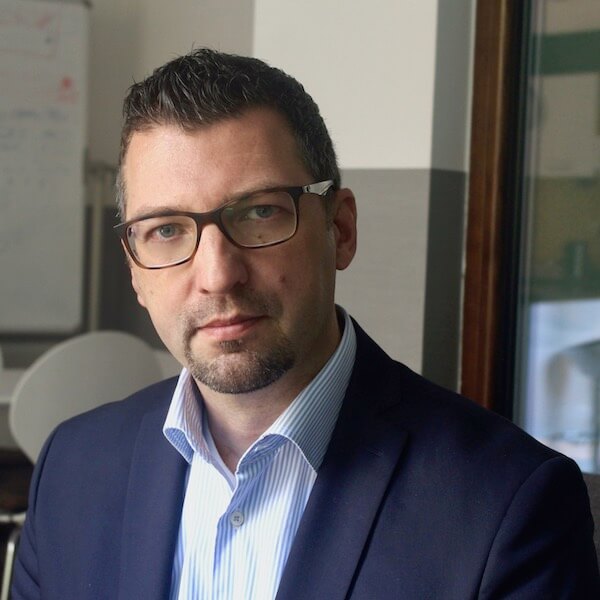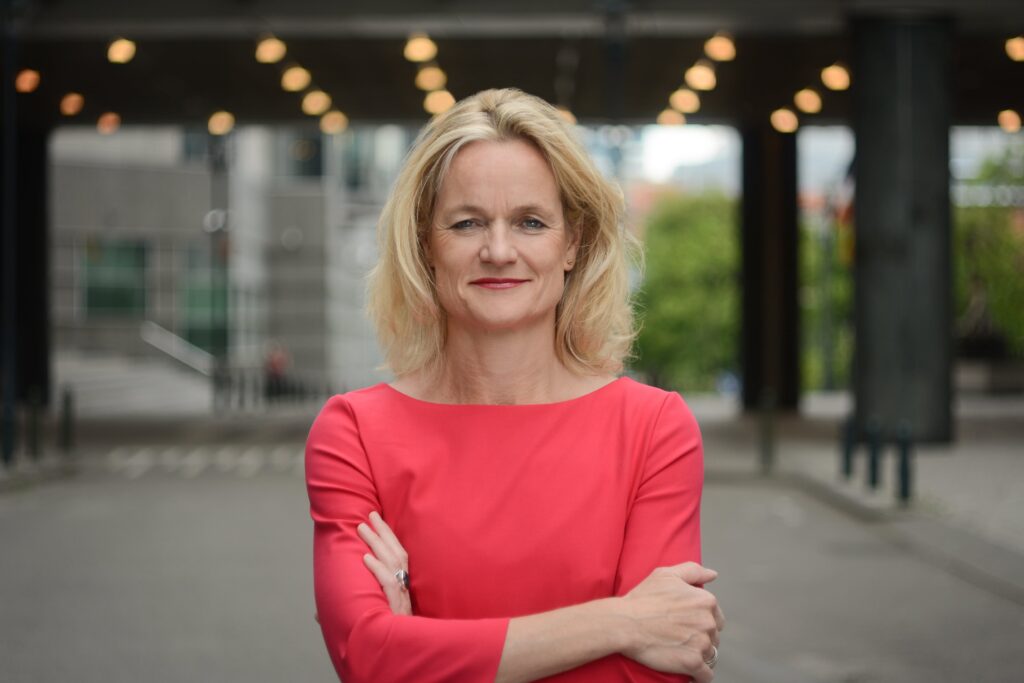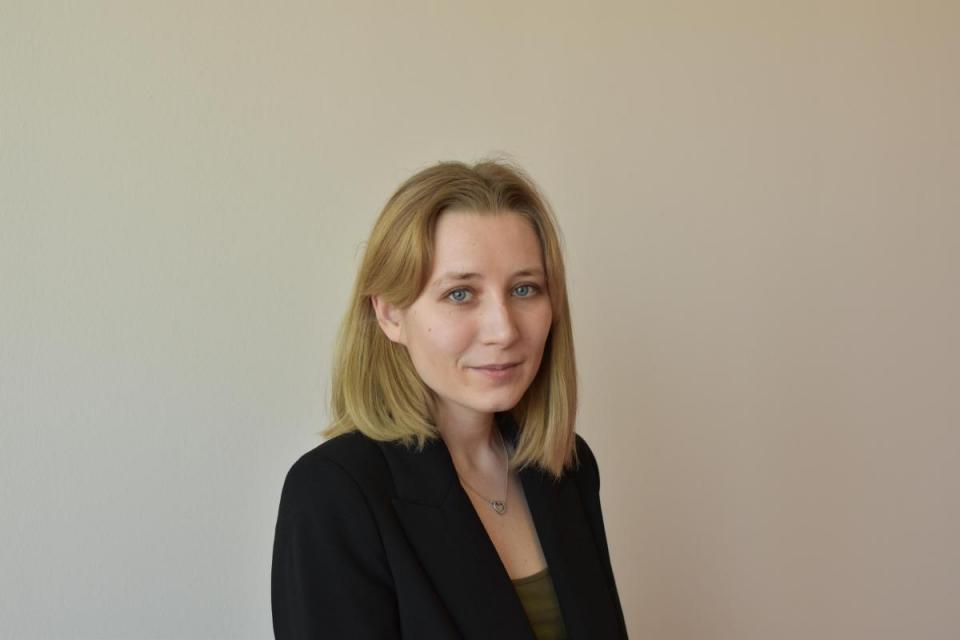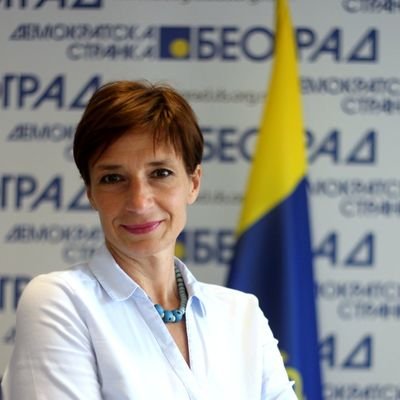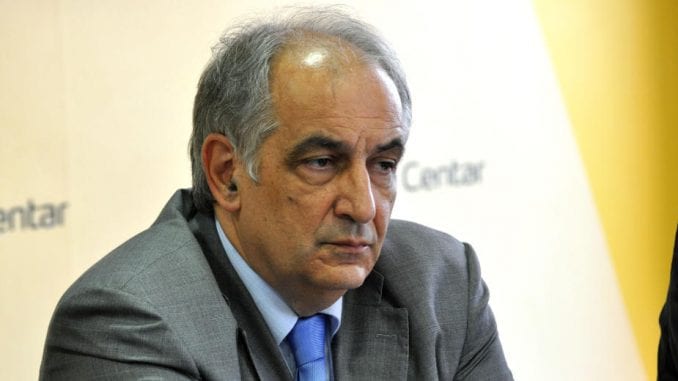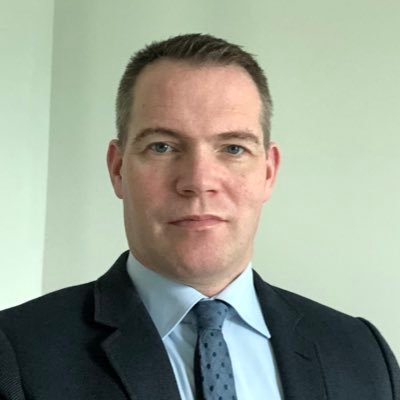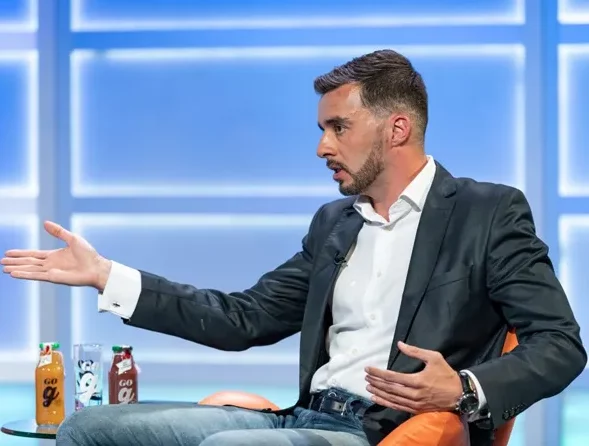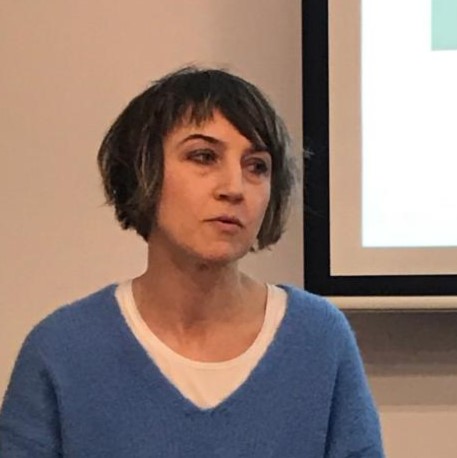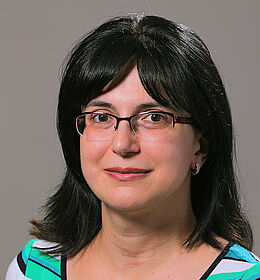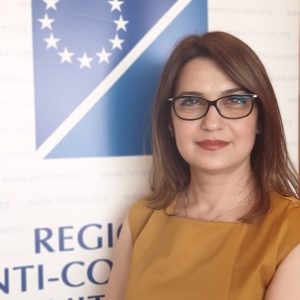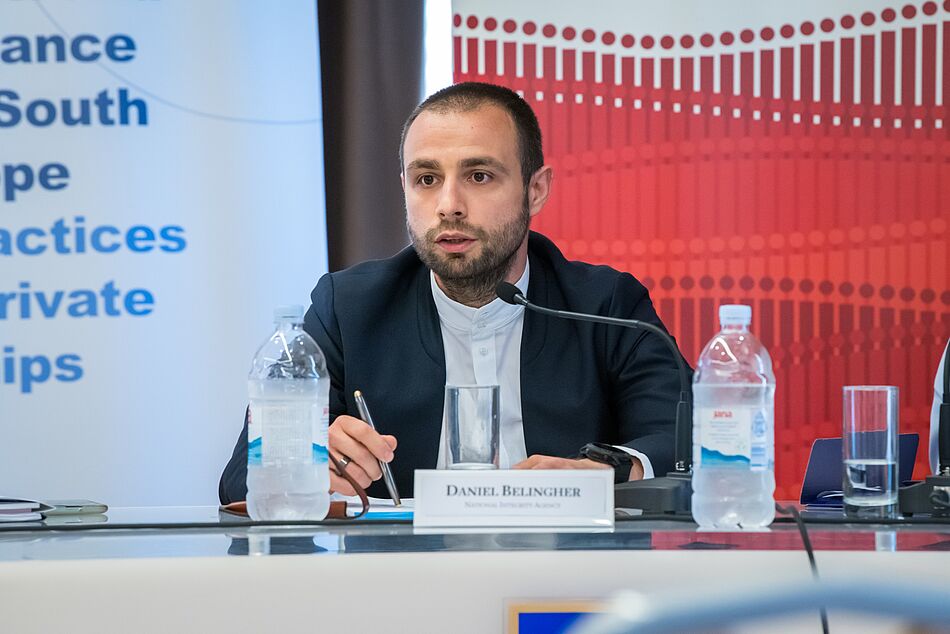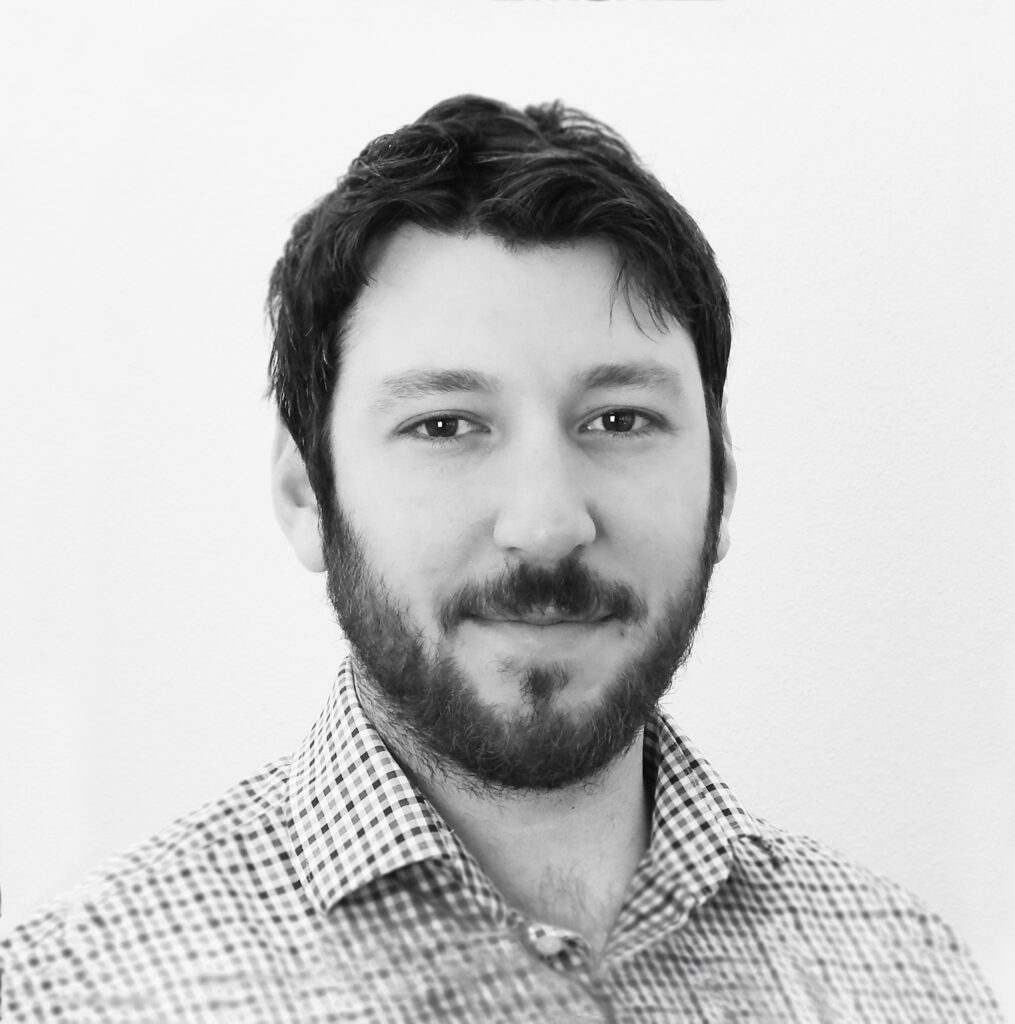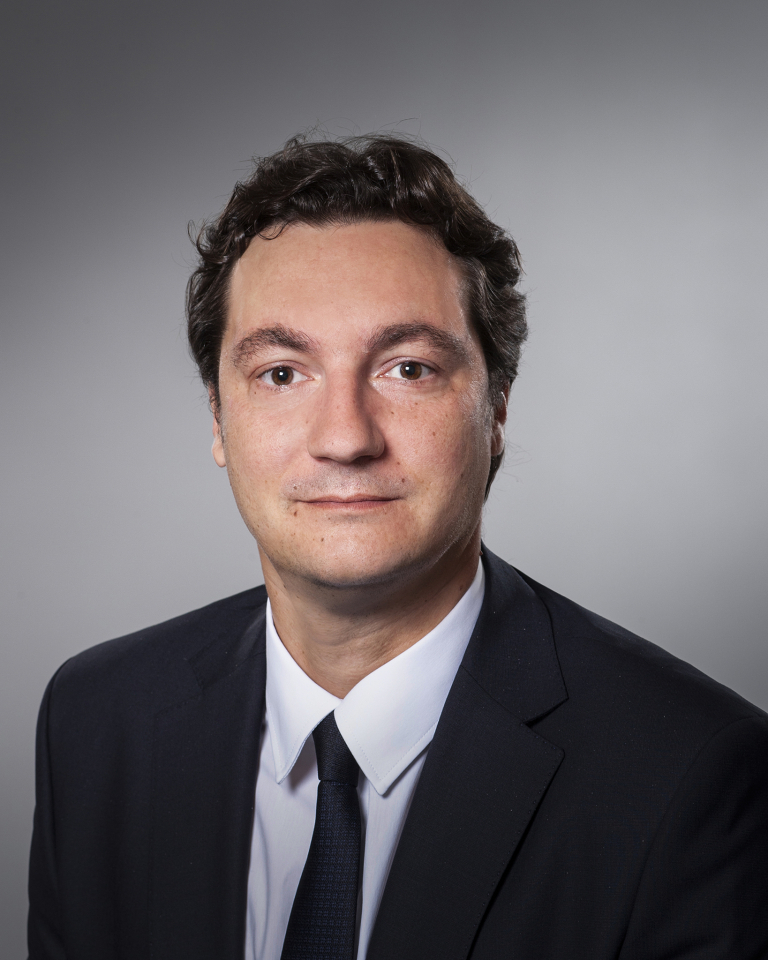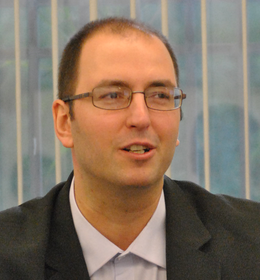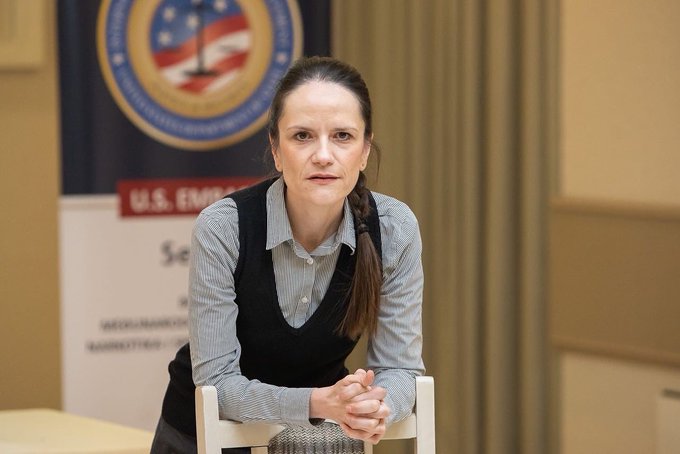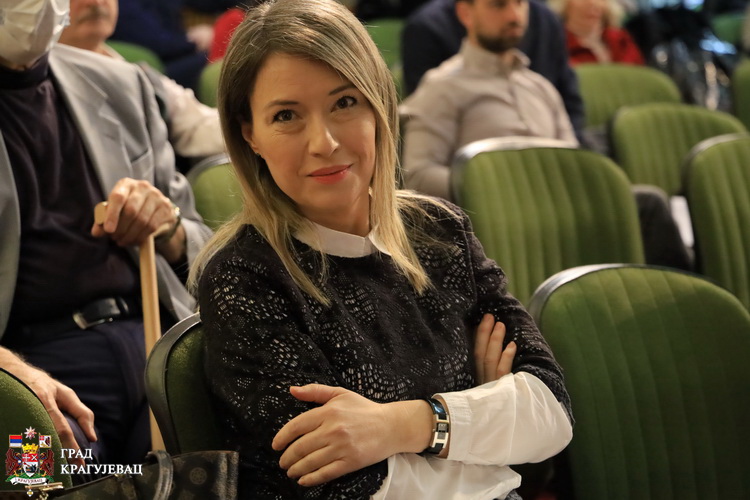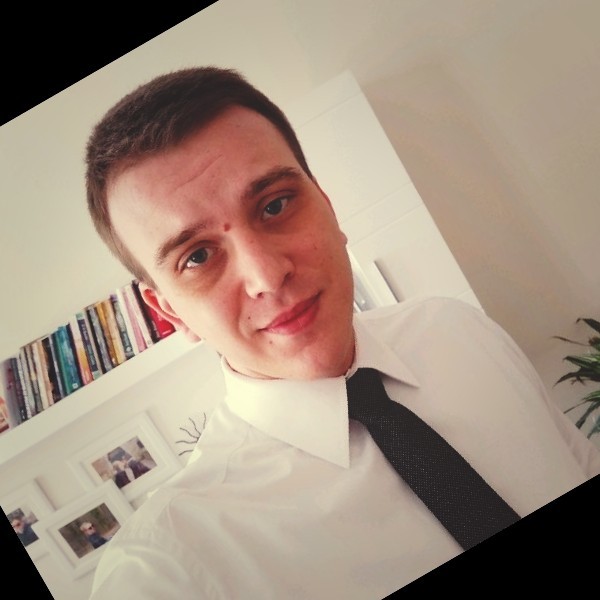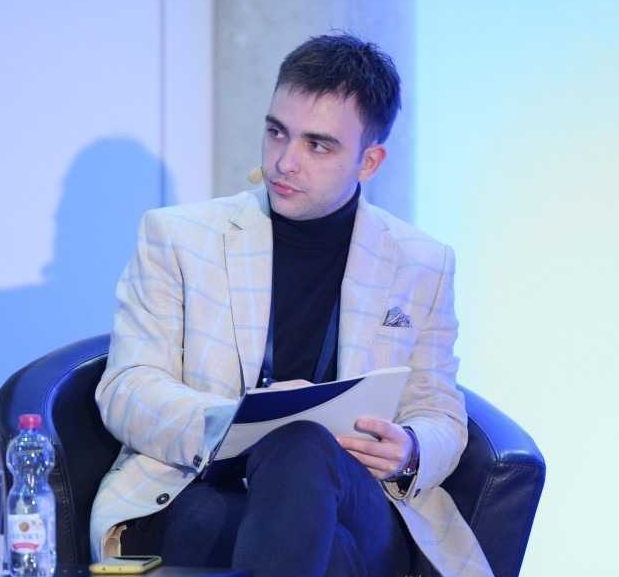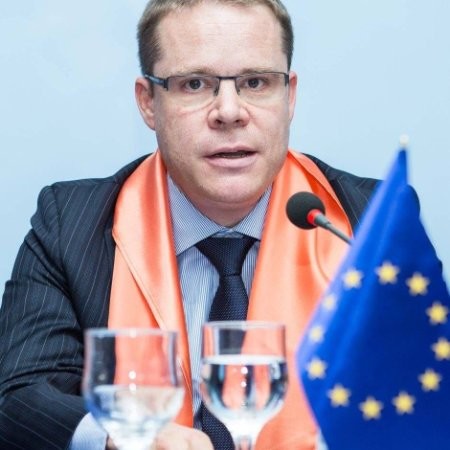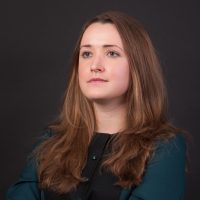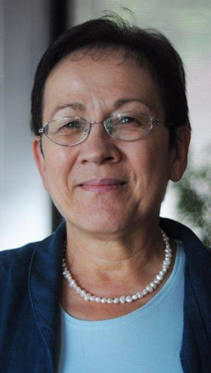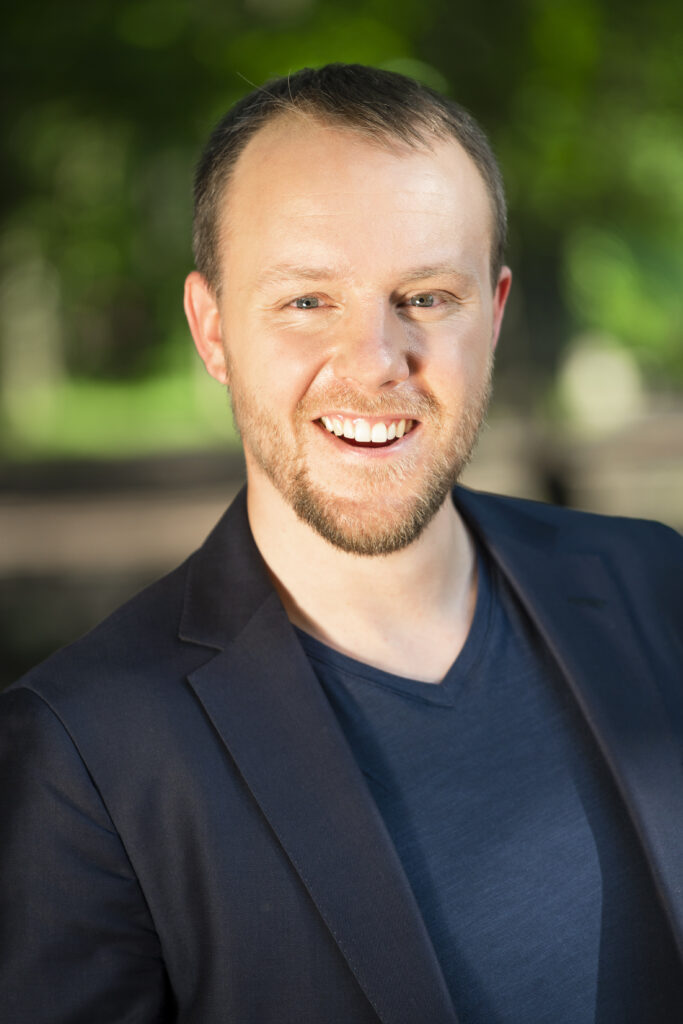Headquarters: Svetog Nauma 7, 11000
Office address: Đorđa Vajferta 13, 11000
Phone:: +381 11 4529 323
25 January 2023, Belgrade, Serbia
Registration
Opening remarks
- Speakers
- ‣ Ruslan Stefanov, Program Director, Center for Study of Democracy
- ‣ Tanja Miščević, Minister of European Integration, Government Serbia
- ‣ Ambassador Jørn Eugene Gjelstad, Royal Norwegian Embassy in Serbia
- ‣ Ambassador Christopher R. Hill, United States Embassy in Serbia
- ‣ Srđan Majstorović, Chairman of CEP Governing Board
Keynote address: Bridging the Gap between Diagnostics and State Capture
Panel 1: Countering State Capture: Exposing Corruption Risks from Politically Connected Companies
The panelists will reveal how combining data from public procurement registers and company datasets could lead to the creation of systems for real-time monitoring of risks and vulnerabilities in politically-connected companies. Civil society and government stakeholders will also debate how integrity breaches in the distribution of public and EU money could be prevented, detected, and punished.
- Speakers
- ‣ Viktoriia Poltoratskaia, Senior Analyst, Government Transparency Institute, Budapest
- ‣ Dragana Rakić, Member, National Assembly of the Republic of Serbia, Belgrade; Vice President, Democratic Party
- ‣ Prof. dr. Miroslav Milićević, Vice-President, Anti-corruption Council, Belgrade
- ‣ Bart de Bruijn, Regional Rule of Law Coordinator, Embassy of the Netherlands in Belgrade
- ‣ Savo Manojlović, Campaigns Director, Kreni Promeni, Belgrade
Coffee Break
Panel 2: Making Asset Declarations Work: Flagging Illicit Enrichment
Asset declarations are a strong, but currently under-used instrument for corruption and illicit finance prevention among civil servants and politically exposed persons (PEPs). The panelists will exchange good practices and provide recommendations on how this tool could become more efficient in Southeast Europe. The focus will be placed on improving the legal base, interconnection of national registers and cross-border data exchange, the establishment of unified checking procedures, and enhancing prosecution and sanctioning.
- Speakers
- ‣ Daniela Mineva, Senior Analyst, Economic Program, Center for the Study of Democracy, Sofia
- ‣ Desislava Gotskova, Head of Secretariat, Regional Anti-Corruption Initiative, Sarajevo
- ‣ Daniel Belingher, Head, Service for Implementing Structural Funds, Studies and Strategies, National Integrity Agency, Bucharest
- ‣ Andrew Dornbierer, Senior Asset Recovery Specialist, Basel Institute on Governance
Lunch
Video address: Towards Reinvigorating Euro-Atlantic Anti-Corruption Cooperation
Panel 3: Showcasing Public-Private Partnership Approaches in Southeast Europe
The policy forum will continue by discussing how public bodies could benefit from the legal and analytical expertise and watchdog functions of civil society and the media. The speakers will showcase the support provided by civil society for the enhancement of the internal anti-corruption policies and measures applied in individual public bodies, through the use of the innovative Monitoring Anti-corruption Policy Implementation (MACPI) tool.
- Speakers
- ‣ Dr. Alexander Gerganov, Director, Sociological Program, Center for Study of Democracy
- ‣ Ksenija Mitrović, Head, Education, Anti-Corruption Plans and Strategy Sector, Agency for Prevention of Corruption of Serbia
- ‣ Danka Andonovski, City Councillor for Investments and Project Management, City of Kragujevac
- ‣ Aleksandar Đorđević, National Programme Officer, UNODC, Belgrade
Coffee Break
Panel 4: Exploring Civil Society Perspectives in the Context of the War in Ukraine
The last panel will present a reflection on the possible solutions for the next decade at the national and EU-level. Representatives of international bodies and the donor community will recommend how the countries from the region could apply the best legal and procedural standards, and bring together governments, civil society, investigative journalists, the business community, and academia. The panel will highlight the geopolitical, economic and governance challenges in front of Ukraine, the European support the county needs, as well as the good practices applicable to Southeast Europe.
- Speakers
- ‣ Dirk Lorenz, Head, Political Section, European Union Delegation to Serbia
- ‣ Milena Jenovai, Project Manager, Rule of Law and Anti-Corruption, U.S. Agency for International Development, Belgrade
- ‣ Kateryna Ryzhenko, Deputy Executive Director for Legal Affairs, Transparency International Ukraine
- ‣ Olena Kupina, Lawyer-Analyst, Institute of Legislative Ideas, Ukraine
- ‣ Ambassador Gudrun Steinacker, Vice President, South East Europe Association
Closing keynote
State capture continues to plague Southeast Europe. The convergence of business and politics, the transformation of public institutions into repression tools, the accumulation of vast illicit wealth, formally owned by friends and family, all the while public spending remains dependent on international borrowing and purchasing power declines, results in a long-term democratic backslide in the entire region. Civil monitoring, analysis, and advice from anti-corruption councils rarely find their way into new laws, strategies, and policy measures based on the rule of law. The war in Ukraine exposed the gravity of hidden, long denied dependencies and foreign malign influence in all branches of government, in effect weakening the strive for meaningful reforms on the path to European integration.
Against this backdrop, on January 25, 2022 in Belgrade, the Regional Good Governance Public-Private Partnership Platform (R2G4P) project will host a Policy Forum on Tackling State Capture Vulnerabilities in Southeast Europe, organised by Center for Study of Democracy (CSD) and European Policy Centre (CEP). Welcoming a plethora of renowned experts from across the region and beyond, the forum will showcase some of the best practices for exposing illicit enrichment and closing governance gaps.
The forum is continuing the series of regional conferences, aimed to strengthen the cooperation between state institutions and the civil society. R2G4P members from four EU and five Western Balkan countries will present the highlights of the second SEE Good Governance Report, and promote the use of big data as a possible solution for uncovering patterns of corrupt behavior.
The working language of the event is English.
If you want to attend the event in person, please sent an email to office@cep.org.rs with your name and surname, the name and type of organisation you represent.
If you want to follow the event online, please register

